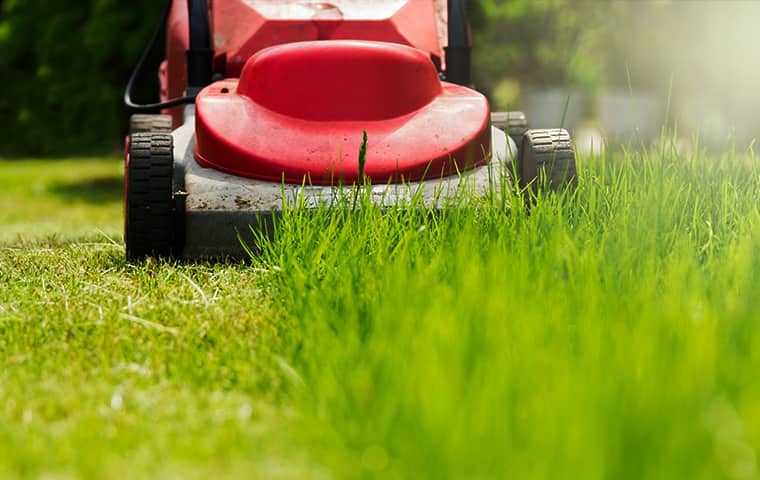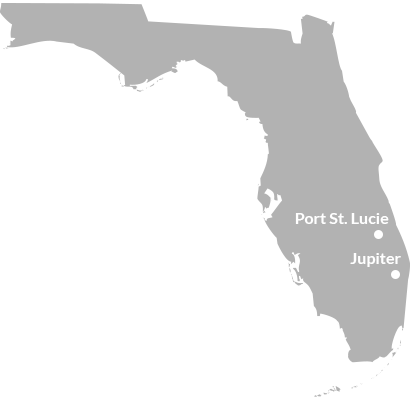Winterize Your Florida Lawn
Not all Florida residents understand why their lawn turns brown in the winter. What is happening is, your lawn is going into shock from the infrequent cold weather. As the cold months approach, your lawn goes into a state of dormancy, decreasing the growth rate. With a slower growth rate, your lawn will need less mowing and watering. Winterizing your lawn will be beneficial to its health throughout the cold season, helping its chance of survival without damage or disease. Preparing your lawn with the proper care is recommended to speed up your lawn's recovery in spring.
For optimum health for your lawn in winter, follow these rules for winterizing your lawn:
-
proper mow height
-
accurate amount of watering
-
proper amount of fertilizer
Winter Mowing

Mowing your lawn correctly year-round is crucial to its health, especially during the winter months. Your lawn must be mowed at an adequate height, and it is recommended to be left taller in the winter to offer some protection to the roots from the freezing weather. Typical lawns are of Saint Augustine or Bahia grass; the recommended winter mow heights are 3.5”-4”. Other grasses will require 2”-2.5” mow height. Due to your grass’s growth rate halting, water is not required for growth during the winter. Heat is not abundant in winter, so you can rule out evaporation or the chances of your grass being scorched by the sun. An appropriate irrigation schedule is approximately every 1-2 weeks. Your lawn will let you know when it needs water - Look for your footprints in the grass after walking through it, as this is a sure sign of a thirsty lawn.
Fertilization
Residents in North and Central Florida are not recommended to fertilize their lawns during the winter. After the freeze period, your lawn may appear to be dead. Take into account that the lawn has endured severe cold weather in which almost all plants, grass, or trees react to similarly. Many residents fear the lawn has died and try to save it by fertilizing. Fertilizing your lawn after a freeze may cause more damage than good. If fertilizer is used, be sure to utilize one with low nitrogen content and a higher potassium content which can be beneficial during the recovery period in spring. The spring weather will slowly nurture the grass roots, activating the natural cycle of coming out of dormancy. Once new growth begins, your lawn will back to normal in no time.
Request Your Free Inspection
Complete the form below to schedule your FREE inspection today!

